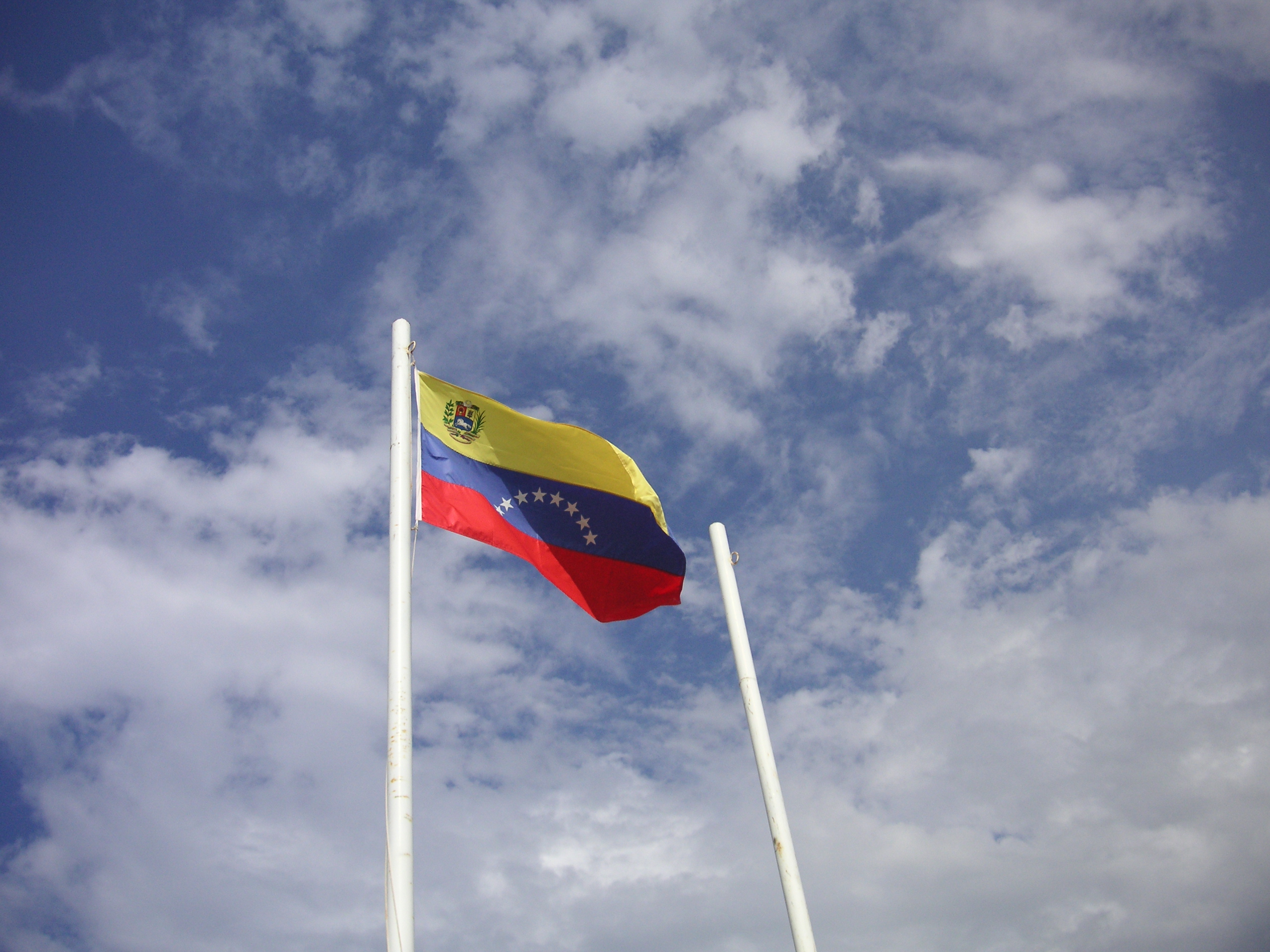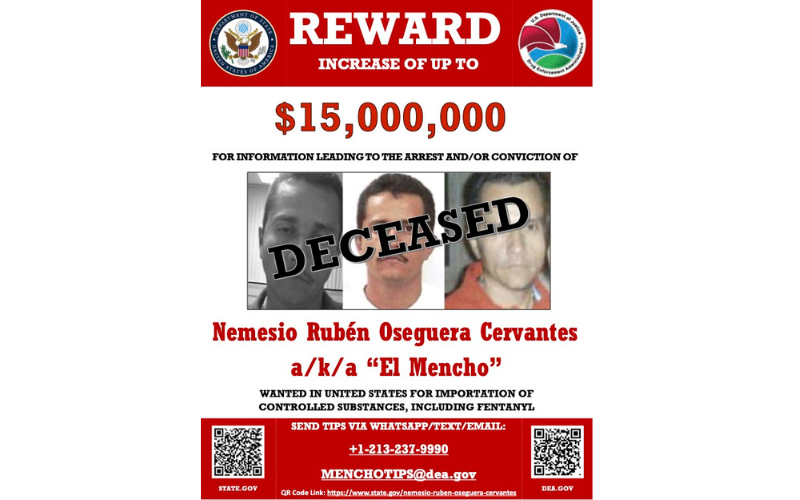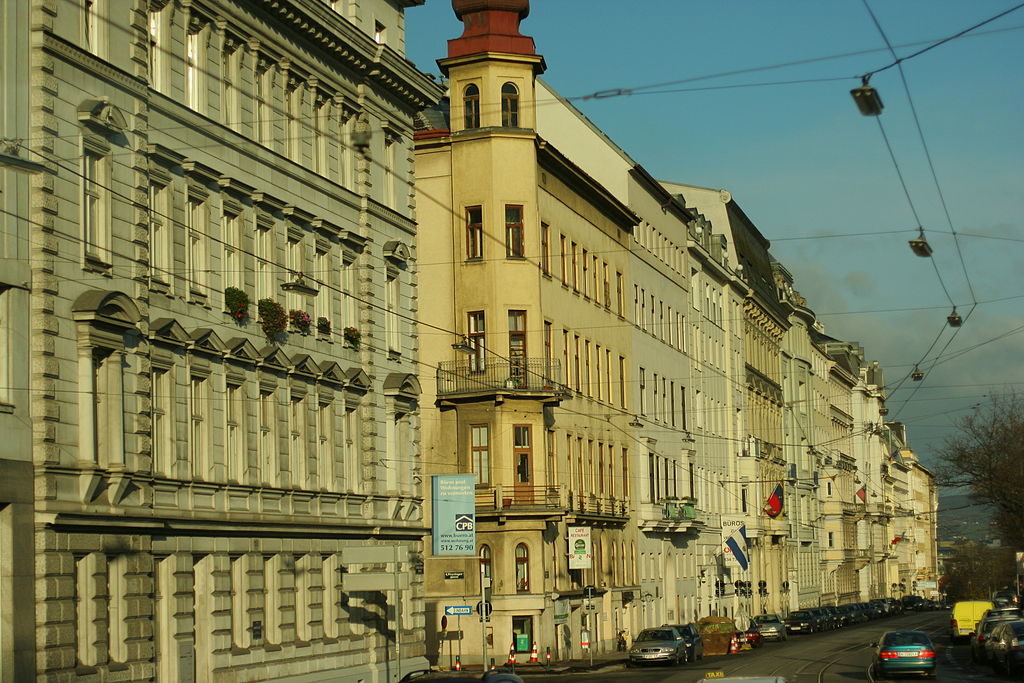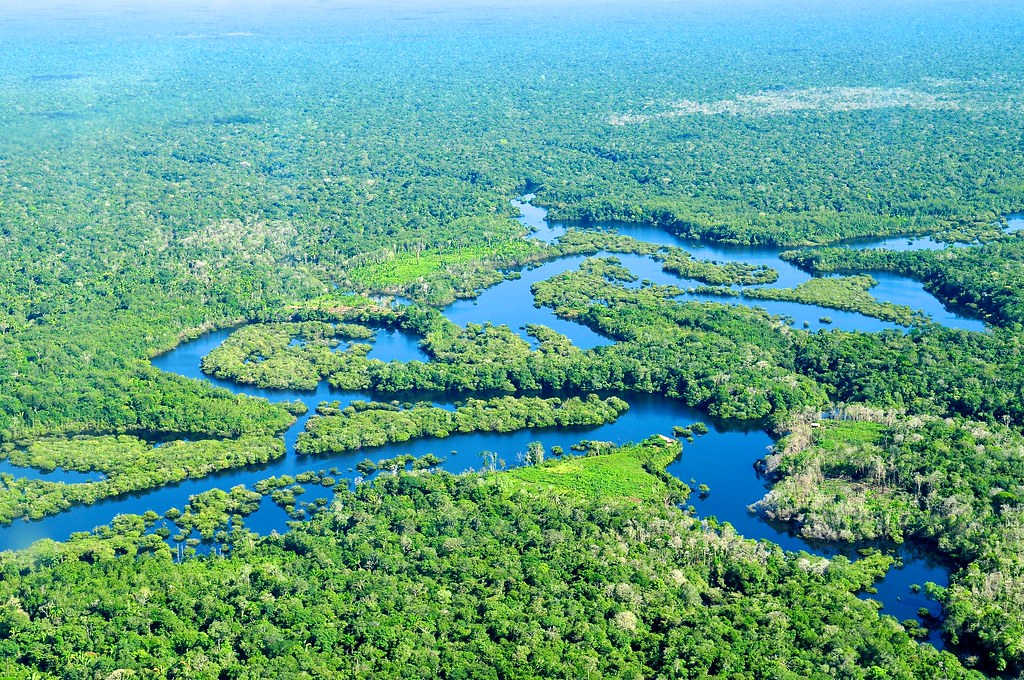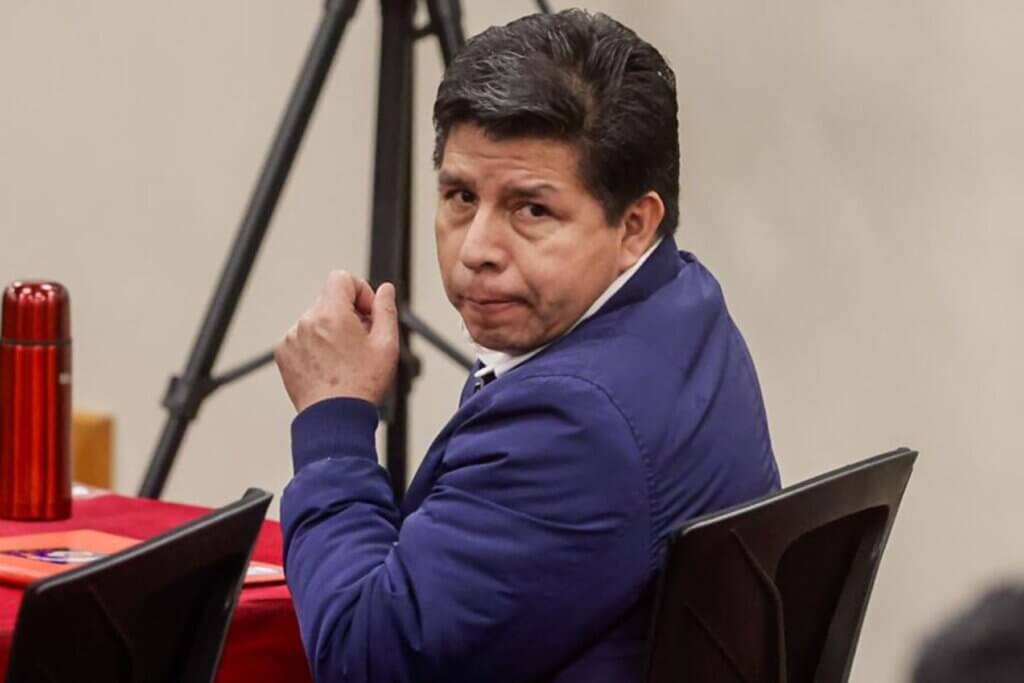Several Latin American governments have called on President Nicolás Maduro’s government to facilitate the safe passage of six Venezuelans sheltering in Argentina’s embassy in Caracas.
Omar González, Pedro Urruchurtu Noselli, Magalli Meda, Claudia Macero, Humberto Villalobos, and Fernando Martínez Mottola have been sheltering in the embassy since March 2024. They are all allies of politician María Corina Machado, the opposition leader who was banned from running in the election earlier this year.
Since November 23, the Venezuelan government has reportedly been cutting off water and electricity supplies to the Argentine embassy.
The Argentine, Uruguayan, Paraguayan, Dominican, and Costa Rican governments have all condemned the treatment of the six Venezuelans.
The Argentine Ministry of Foreign Affairs said on X that it “expresses its utmost concern regarding the alarming and serious situation at the Argentine Embassy in Caracas, where the lives of six asylum seekers face imminent danger.” The Ministry added: “We demand that the Maduro regime immediately issue the safe passage passes that guarantee their safe exit.”
Uruguay also issued a statement, in which it expressed “extreme concern” about the situation, describing the six political refugees as being “under siege by the authorities.” The statement continued: “The Uruguayan government reiterates its request for respect for the Vienna Convention on Diplomatic Relations of 1961 and the Caracas Convention on Diplomatic Asylum of 1954,” citing United Nations and Organization of American States (OAS) conventions on diplomacy, respectively.
A similar sentiment was shared by the Paraguayan government, whose Ministry of Foreign Affairs endorsed the granting of safe passage to the asylum seekers, so that they can “safely leave Venezuela,” given their “deteriorated and delicate state of health.”
The Dominican Republic has expressed its “solidarity” with Argentina’s request that the six Venezuelans be granted safe passage, explaining: “This is a request in accordance with Public International Law, humanitarian principles, and the prudence which must prevail.”
Meanwhile, Costa Rica has emphasized its “rejection” of the treatment of the refugees: “The police siege ordered by Maduro is unacceptable and has been intensified by the presence of drones, the closure of nearby streets and the cessation of the supply of basic services, especially electricity and water.”
The Argentine embassy came under siege for the third time this year on November 23, when armed police and intelligence services reportedly surrounded the building. There were reports of drones being used to capture images of the building, phone signal was cut off, and the building intermittently lost power. Since then, Pedro Urruchurtu has posted near-daily updates on X, in which he has detailed the asylum seekers’ treatment.
In his most recent post, on November 30, Urruchurtu stated that the embassy’s water tank was empty.
More recently, on December 6, Omar González claimed, “The electricity has been cut off, as well as other essential services. People who are sent to deliver food and medicine to the Argentine embassy in Caracas are stopped by the police checkpoints that are located at all the entrances to this diplomatic headquarters.” This accusation has been supported by the group’s lawyer, Tomás Arias, who also claims that Venezuelan police are destroying the embassy’s fuses so that the building is no longer connected to the power grid.
Diosdado Cabello, the Venezuelan minister for the Interior, Justice, and Peace, described the allegations of a siege as a “farce” on his weekly television show Con el mazo dando (Hammering away). In a video which has also been posted to the show’s Instagram page, Cabello claimed to show photos of water containers being sent to the embassy, the embassy’s swimming pool filled with water, and the political refugees having a barbecue.


